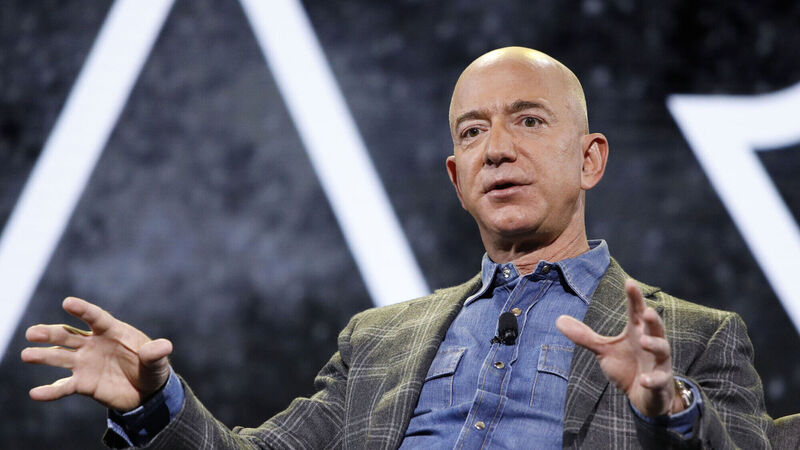John Riordan: Sports media moguls vying for America's lucrative fans of the future

Amazon founder Jeff Bezos. Amazon has made an aggressive move into the sports media market, paying $1bn a year until 2033 for the right to screen the live NFL Thursday night game.
The new NBA season tips off next Tuesday evening with a pair of games taking place one after the other on either coast, match-ups selectively chosen to draw in the casual fan to a constantly evolving sports viewing market.
Do I want to take some time to watch or half-watch the decades long rivalry of the Boston Celtics and the Philadelphia 76ers, a clash of pre-season favourites with enough off-season drama to fill an episode of Real Housewives of the Mid-Atlantic?








